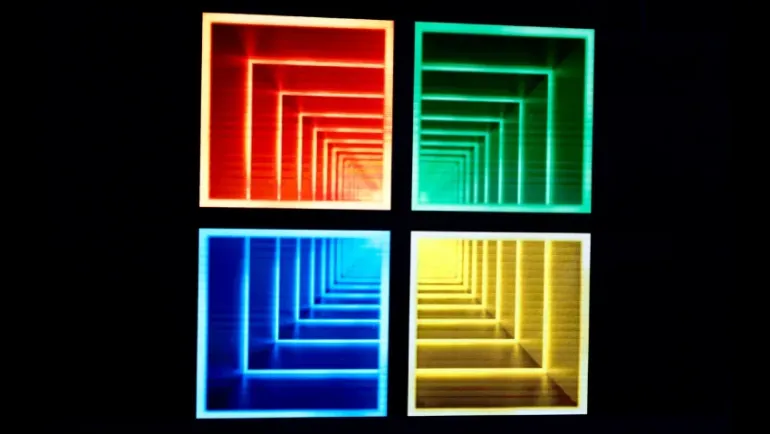
In a bold leap toward seamless digital memory, Microsoft recently rolled out Recall, an AI-powered feature in Windows 11 that continuously takes screenshots of your activity—emails, chats, documents—to enable users to search their own digital lives. However, this convenience raises major privacy alarms, especially when it comes to encrypted messaging apps like WhatsApp and Signal, which are now potentially exposed to constant on-screen capture.
Recall is an optional Windows 11 feature that runs in the background, snapping screenshots every few seconds and indexing them with AI. Want to find a chat message from months ago? Just type a vague snippet into the search bar, and Recall will show you in-context results. While this promise of digital omniscience is impressive, it also risks capturing private and sensitive conversations—which might include WhatsApp threads or Signal messages that users assume are confidential.
Both WhatsApp and Signal are marketed with end-to-end encryption, technically preventing servers from reading the content. However, Recall bypasses encryption entirely by taking screenshots of your desktop—no matter what app is on-screen. That means your secret chats, private group conversations, and message attachments could be saved into Microsoft's Recall cache unless proactively blocked.
Recognizing the risk, Signal has taken swift action. In its Windows 11 desktop app, a new “screen security” feature is enabled by default, preventing Recall from capturing any content within Signal. This method leverages Digital Rights Management (DRM) to render screenshots blank, similar to how streaming services like Netflix protect their content.
Signal developer Joshua Lund emphasized that OS makers must empower app developers to block AI systems from private content—and hailed this DRM-based defense as essential.
WhatsApp has yet to introduce a similar screen-security feature. Unlike Signal, it currently lacks built-in protections against Recall. Users worried about Recall capturing their chat history may need to manually disable Recall via Windows 11’s Privacy settings—but even then, that could disable helpful features for other apps.
Critics argue Recall represents an Orwellian overstep, capturing data without meaningful user control. Since Recall lacks an API for app developers to opt out, tools like Signal must resort to DRM.
Cybersecurity experts, including those at Kaspersky, have labeled Recall “dangerous,” due to its potential to unintentionally store or expose sensitive information.
As AI becomes woven into everyday tools, the boundary between productivity features and privacy infringement is blurring. Users expect encrypted apps to protect their content—but AI systems like Recall challenge that assumption by capturing content before any encryption can act.
What started as a convenience—automating old content retrieval—could evolve into a privacy quagmire if users aren’t fully aware of what is being recorded. The truth is, no messaging app is safe from screenshot-based AI unless blocked at the OS or app level.
Microsoft’s Recall may be optional for now, but what happens when it becomes baked into all Windows devices—or replicated by other AI platforms? The expectation is clear: operating systems must develop better opt-outs, APIs, or outright blocks to respect user privacy.
Signal has taken a leading role. It not only blocked Recall but also called on Microsoft—and competitors—to provide app-level protections. WhatsApp, meanwhile, is under growing pressure from both users and privacy advocates to follow suit.
Microsoft’s Recall feature highlights an urgent privacy tension: AI-powered convenience can jeopardize encrypted message security. While encryption protects messages in transit, Recall captures them after they've been decrypted and displayed. Until all messaging platforms implement direct safeguards, users must remain proactive: disable Recall, choose privacy-first apps like Signal, and monitor both operating system and messaging app updates.
This moment marks a turning point in AI and privacy. Users must demand clarity and control—not just from their apps, but from the very platforms enabling them. Only then can we enjoy both the power of AI and the sanctity of private communication.












Comments
There are no comments for this Article.